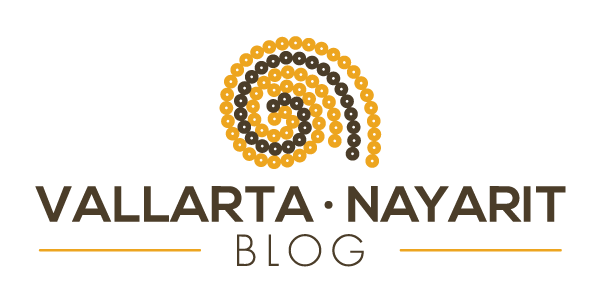Pros and cons of the 5 most popular diets
Maintaining a healthy life involves a daily balance of your mind and body. Specialists recommend having a balanced diet and exercise routine appropriate to your body. There are certainly some eating habits that can be adapted to your lifestyle to add great benefits to your daily life.
Diet trends we’ve seen or heard about this year —like the flexitarian diet— have brought a diversity of options to healthy habits. Although they are diets that you can include completely or partially, it is important to know the pros and cons, and the most important aspect to consider, go to a specialist in case you want to implement any change in your diet.
Keto
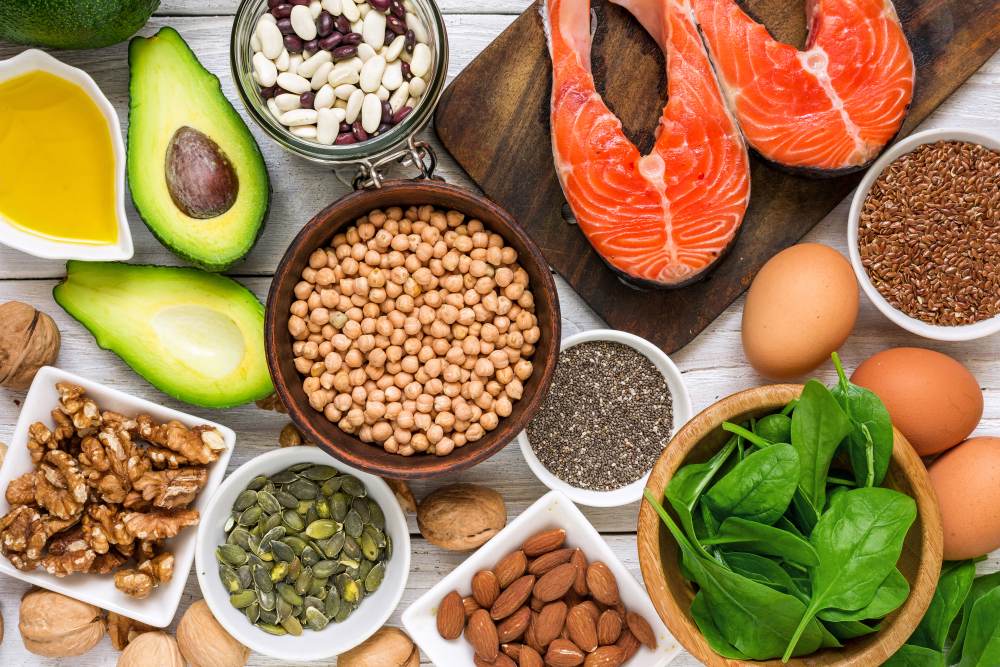
Also known as ketogenic, it consists of a diet low in carbohydrates and rich in fat, which causes a natural reaction in the body called “ketosis”, hence the origin of its name.
Pros
- Promotes fat burning in a short time
- Prevents cardiovascular diseases and type 2 diabetes
- Reduces appetite
- Improves cholesterol levels in the blood
Cons
- If not well induced, it can cause dehydration
- Performance for anaerobic exercise may be poor
- It needs control since it is not a diet that is maintained in the long term
Mediterranean
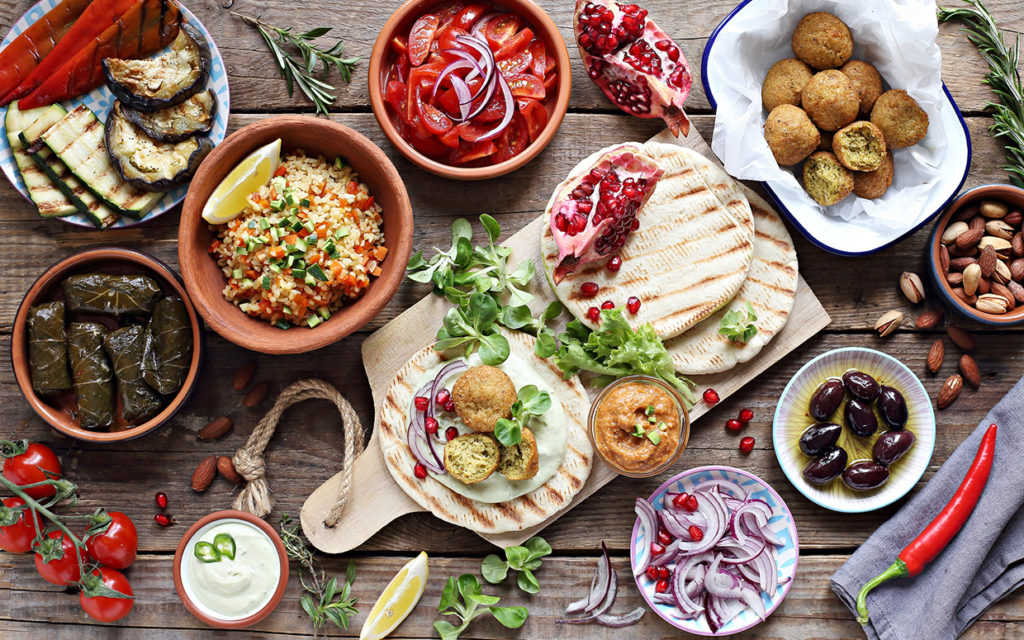
This diet is based on the consumption of natural and good quality food, and it refers to the type of diet of countries such as Greece, Morocco, Spain, and Italy mainly. The philosophy of the origin of this diet is to have a relaxed and happy life, so you can eat almost everything, except for the moderation of red meat.
Pros
- You can include vegetables, fresh fish, extra virgin olive oil, dairy products, wines, fruits, cereals, and bread
- Reduce the risk of heart disease
- By consuming more natural foods, losing weight is easier
- Improves the appearance of skin and hair
Cons
- Calcium levels may decrease, due to low dairy consumption
- You may spend more time in the kitchen
- It is not recommended for cold climates, because the caloric level is very low and can have side effects such as fatigue
DASH
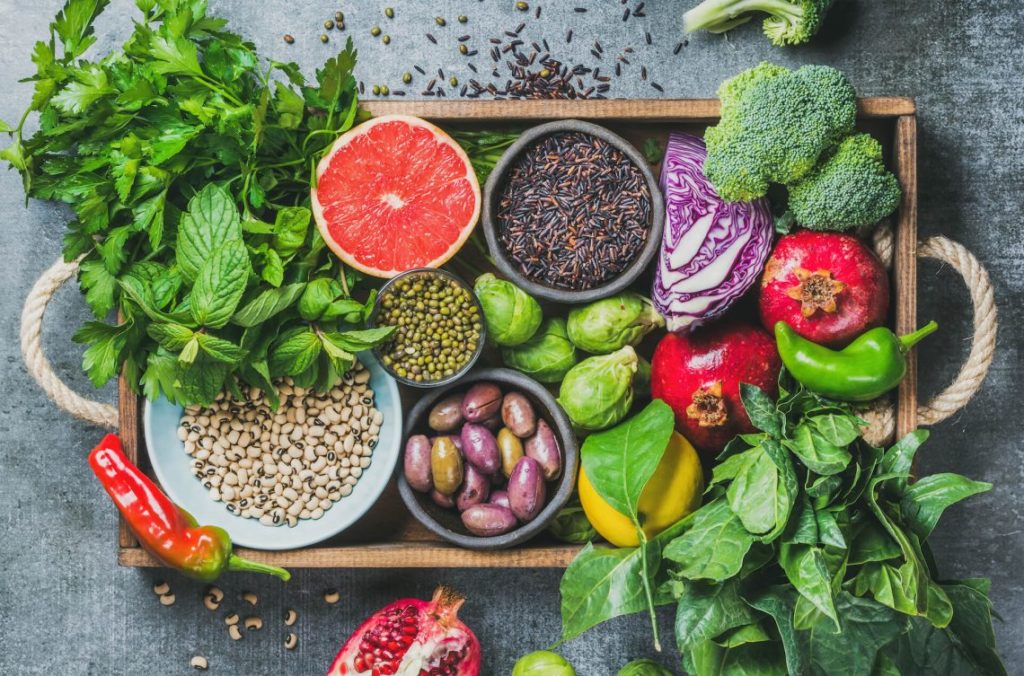
For its acronym, Dietary Approaches to Stop Hypertension is focused on lowering cholesterol levels and high blood pressure. It consists of decreasing sodium levels with more fruits and vegetables.
Pros
- Control of hypertension
- Decrease some symptoms of menopause
- Decreases the risk of heart and cerebrovascular diseases
- It is very flexible since some foods can be substituted, in case of having a vegan, vegetarian, or gluten-free lifestyle
Cons
- It is not 100% focused on weight loss, however, it is possible with the right caloric plan
- You should eliminate salt, saturated fat, sugar, and alcohol
Paleolithic
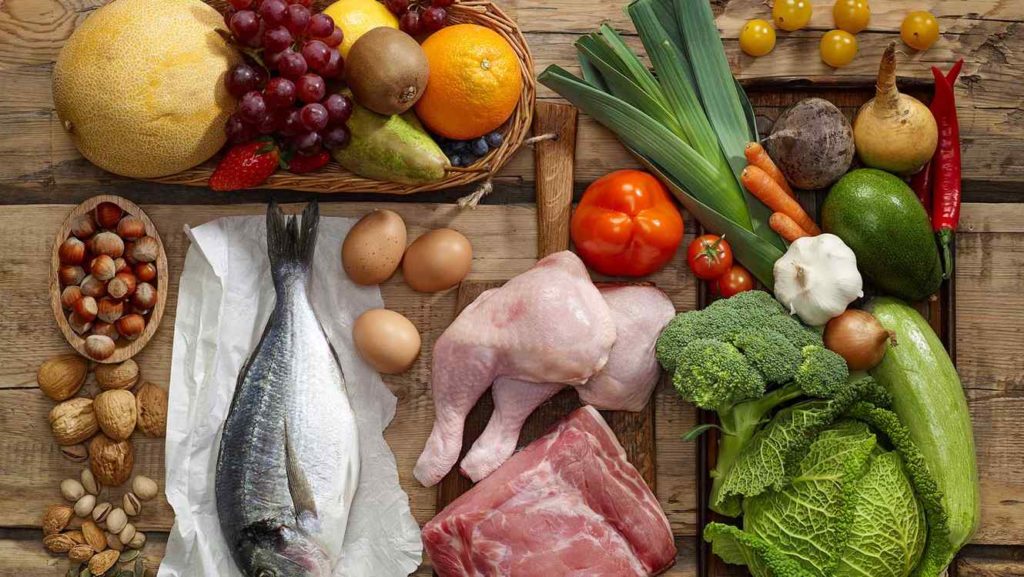
Also called paleo, it consists of eating lean meats, fish, seafood, fruits, and vegetables. Its origin is based on the diet of the Stone Age when the inhabitants were only hunters and gatherers, that is, it does not include legumes, cereals, processed products, and dairy products.
Pros
- Being a more natural diet, it provides a large number of proteins, minerals, vitamins, and antioxidants
- In the long term, it burns accumulated fat
- It favors the quality of sleep and rest
- Provides enough energy for the day
Cons
- It is necessary to do constant medical studies, since due to the elimination of cereals and legumes some vitamin supplement may be needed
- The human being is no longer genetically adapted for this type of diet
- Eliminating dairy can lower calcium levels in the body
Celiac
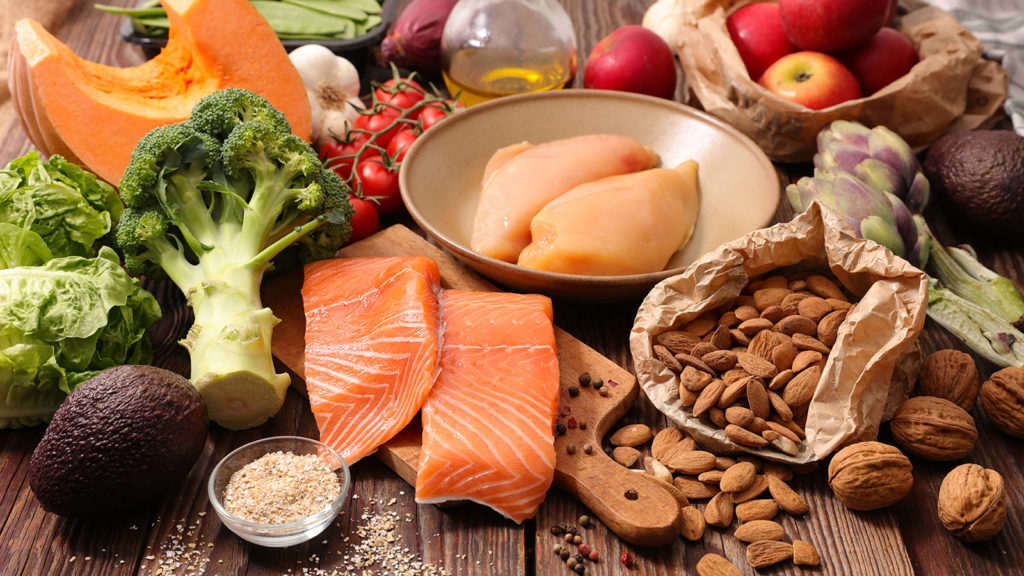
It emerged as a treatment for celiac disease, which is a disease that affects several organs due to the consumption of foods with gluten. It consists of including gluten-free products such as rice, amaranth, quinoa, corn, and oats.
Pros
- Improves metabolic functioning
- Increases glucose tolerance
- Reduces triglycerides in the blood
- Greater weight loss
- If you are not allergic to gluten, you can combine it with other diets
Cons
- It is a difficult diet to follow because many products “hide” small amounts of gluten in their ingredients
- Gluten-free products are more expensive
- It can cause vitamin and mineral deficiencies, as the body takes time to adapt to this eating routine
- Lack of a certain type of fiber can slow down bowel function
Remember that the most important thing is to consult with a specialist which diet is best suited to your body and goals since the amounts and types of food depend on many factors such as your lifestyle or the type of exercise that complements your daily routine.










